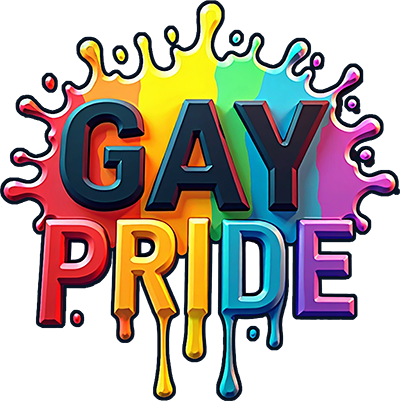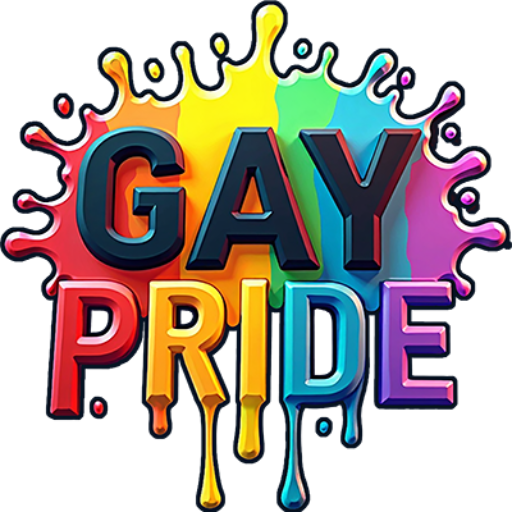Pioneering LGBTQ Figures: Their Impact on US History
Throughout American history, the LGBTQ community has been a powerful force for change, challenging societal norms and advocating for equality. While many have contributed to this ongoing struggle, some pioneering figures stand out for their exceptional impact. These individuals have not only shaped LGBTQ history but have also left an indelible mark on the broader fabric of American society. Let’s explore their stories and discover the profound legacy they’ve left behind.
Introduction to LGBTQ History in the US
Understanding the history of LGBTQ individuals in the United States is crucial for grasping the broader narrative of human rights in the country. For decades, LGBTQ people have faced discrimination, marginalization, and violence. Yet, amidst these challenges, they have emerged as leaders and icons, driving societal change and advocating for acceptance and equality. This post highlights some of the most influential LGBTQ figures in US history, celebrating their courage and resilience.
Bayard Rustin: The Unsung Hero of Civil Rights
When thinking of the Civil Rights Movement, names like Martin Luther King Jr. often come to mind. However, Bayard Rustin, a gay African American man, was a crucial strategist and organizer behind this historic movement. Rustin was the chief architect of the 1963 March on Washington, a pivotal event in the fight for racial equality. Despite his significant contributions, Rustin’s sexuality often overshadowed his achievements in a society that was not ready to accept a gay leader. Nevertheless, his legacy endures, reminding us of the intersectionality of struggles for justice.
Harvey Milk: A Beacon of Hope
Harvey Milk, one of the first openly gay elected officials in the United States, transformed the political landscape of San Francisco and beyond. His election to the San Francisco Board of Supervisors in 1977 symbolized hope and progress for the LGBTQ community. Milk’s charismatic leadership and passionate advocacy for gay rights were tragically cut short when he was assassinated in 1978. Yet, his legacy of courage and visibility continues to inspire generations of activists and politicians.
Marsha P. Johnson and Sylvia Rivera: Catalysts for Change
Marsha P. Johnson and Sylvia Rivera were pivotal figures in the early LGBTQ rights movement, particularly known for their role in the Stonewall Uprising of 1969. Both were transgender women of color who fought tirelessly for the rights of marginalized communities. They co-founded STAR (Street Transvestite Action Revolutionaries), an organization dedicated to helping homeless transgender youth. Their activism laid the groundwork for future movements and highlighted the importance of inclusive advocacy.
Billy Tipton: Shattering Gender Norms
Billy Tipton, a talented jazz musician, lived most of his life in the public eye as a man, despite being assigned female at birth. His story challenges societal perceptions of gender and identity, offering a fascinating glimpse into the complexities of living authentically in a world that often demands conformity. Tipton’s life and career have sparked discussions about gender identity and representation, contributing to a broader understanding of transgender histories.
Conclusion: The Lasting Legacy of LGBTQ Pioneers
The impact of these pioneering LGBTQ figures extends far beyond their lifetimes. They have paved the way for subsequent generations to live more openly and authentically. Their stories of courage, resilience, and relentless pursuit of equality continue to inspire and mobilize activists across the globe. As we reflect on their contributions, we recognize the ongoing struggle for LGBTQ rights and the importance of honoring those who dared to challenge the status quo.
Table of Contents
1. Introduction to LGBTQ History in the US
2. Bayard Rustin: The Unsung Hero of Civil Rights
3. Harvey Milk: A Beacon of Hope
4. Marsha P. Johnson and Sylvia Rivera: Catalysts for Change
5. Billy Tipton: Shattering Gender Norms
6. Conclusion: The Lasting Legacy of LGBTQ Pioneers
FAQs
Q: Why is it important to learn about LGBTQ history?
A: Understanding LGBTQ history helps us appreciate the struggles and achievements of marginalized communities, fostering empathy and promoting equality.
Q: How did the Stonewall Uprising influence LGBTQ rights?
A: The Stonewall Uprising was a watershed moment, galvanizing LGBTQ activism and leading to the formation of numerous advocacy groups fighting for equal rights.
Q: What can we learn from these pioneering figures?
A: These figures teach us the power of resilience, courage, and the importance of fighting for justice, regardless of societal constraints.
✨ As we celebrate these trailblazers, let’s continue their work by advocating for a more inclusive and equitable world for all! 🏳️🌈

